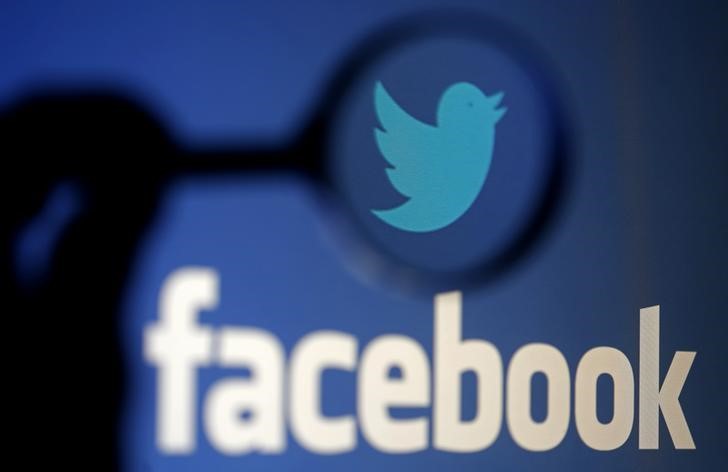WASHINGTON (Reuters) - Heavy users of the Internet and social media do not have higher levels of stress, and women who use Twitter, email and photo sharing show less stress than women who do not use them, a survey released on Thursday showed.
But the survey of 1,801 Americans by the Pew Research Center showed that such social media as Facebook can add to users' stress since they hear more about other people's tough times, such as job losses and deaths.
The data suggest that some analysts' fears are overblown that social media, cell phones and the Internet would take over users' lives and put them under more duress.
"There is no evidence in our data that social media users feel more stress than people who use digital technologies less or not at all," Keith Hampton, a Rutgers University professor who led the report, said in a statement.
People who are frequent users of the Internet and social media do not have higher stress levels than people who are not, and women have more stress than men, the survey showed.
Women reported an average score of 10.5 on the 30-point Perceived Stress Scale, the most common measure for stress. Men's average score was 9.8, the survey said.
There is no statistical difference in stress between men who use social media, cell phones or the Internet and men who do not.
But among women, stress levels are 21 percent lower for those who use Twitter several times a day, send or receive 25 emails a day, and share two digital photos daily, the survey showed.
The electronic tools "may provide women with a low-demand and easily accessible coping mechanism that is not experienced or taken advantage of by men," it said.
As for added stress, a woman with an average number of Facebook friends is aware of 13 percent more stressful events among her closest ties, such as divorce or a family death.
A typical male Facebook user knows of 8 percent more stressful events. Awareness of stress in others' lives can be a significant contributor to people's own stress, the survey said.

The report was based on a survey carried out from Aug. 7 to Sept. 16 and the margin of error for the full sample was 2.6 percentage points. The margin for the 1,076 people surveyed who used social networking sites was 3.3 percentage points.